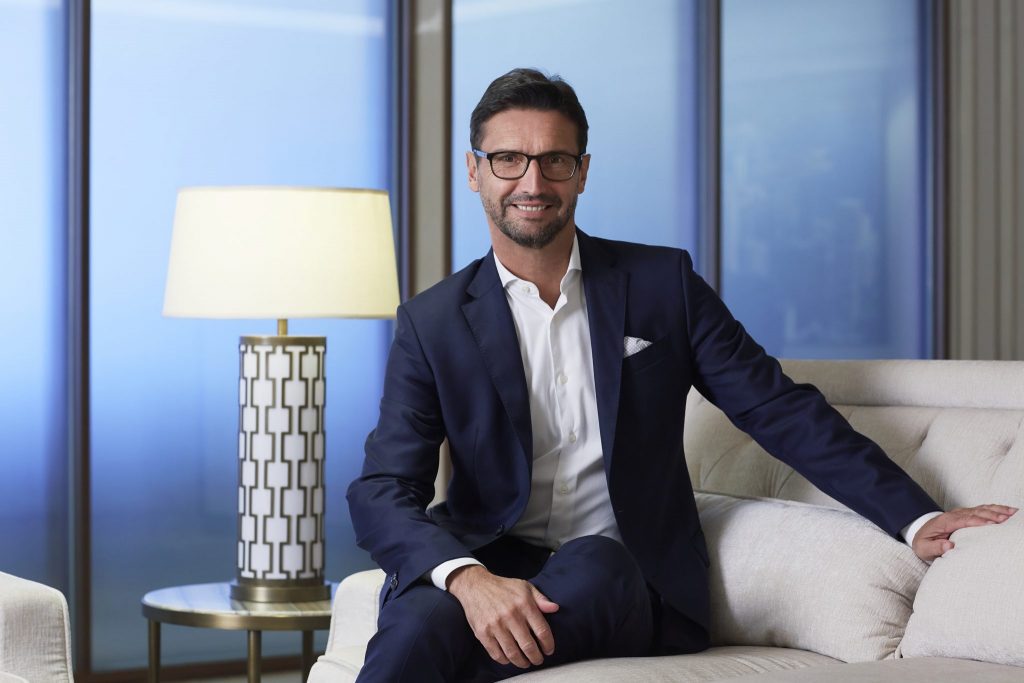Hong Kong-Based Langham Is on the Prowl for Acquisitions in Europe

Skift Take
Langham has expanded in North America, China, and Australia, but not in Europe, where its acquisition of The Langham, London, gave it the brand. A new wave of development earmarks Europe as a priority, and the company wants to enter the resort space as well. But before all that can happen, it needs to further raise brand awareness.
There are a few things that Hong Kong-based Langham Hospitality Group wants changed.
More than two decades after buying what is considered Europe’s first grand hotel, The Langham, London, and then giving the property a facelift that earned the group a badge as an ultra-luxury hotel player, the company has yet to establish any other European property.
The coveted badge and 16 Langham hotels later, its own research last year had customers describing the Langham brand as “a well-kept secret” or “a hidden gem.” Nice compliment but, really, what hotel chain wants to be known only to a select few?
Eight of the 16 Langham hotels are in China, of which seven are management contracts, and one, The Langham Xintiandi Shanghai, is owned by the parent company.
Outside mainland China, it owns all eight Langham hotels, four of which are in North America in New York, Chicago, Pasadena, and Boston; two in Australia, in Sydney and Melbourne; and properties in Hong Kong and London.
As a result, the U.S., China, and Australia are the main clientele for the brand, in part due to their large domestic markets. But the outbound prospects from these markets and their global travel are why Langham is prioritizing Europe and the Middle East for a new wave of expansion, Langham Hospitality Group CEO Stefan Leser said.
“In Europe we could only accommodate them in London,” said Leser during an interview with Skift at t
